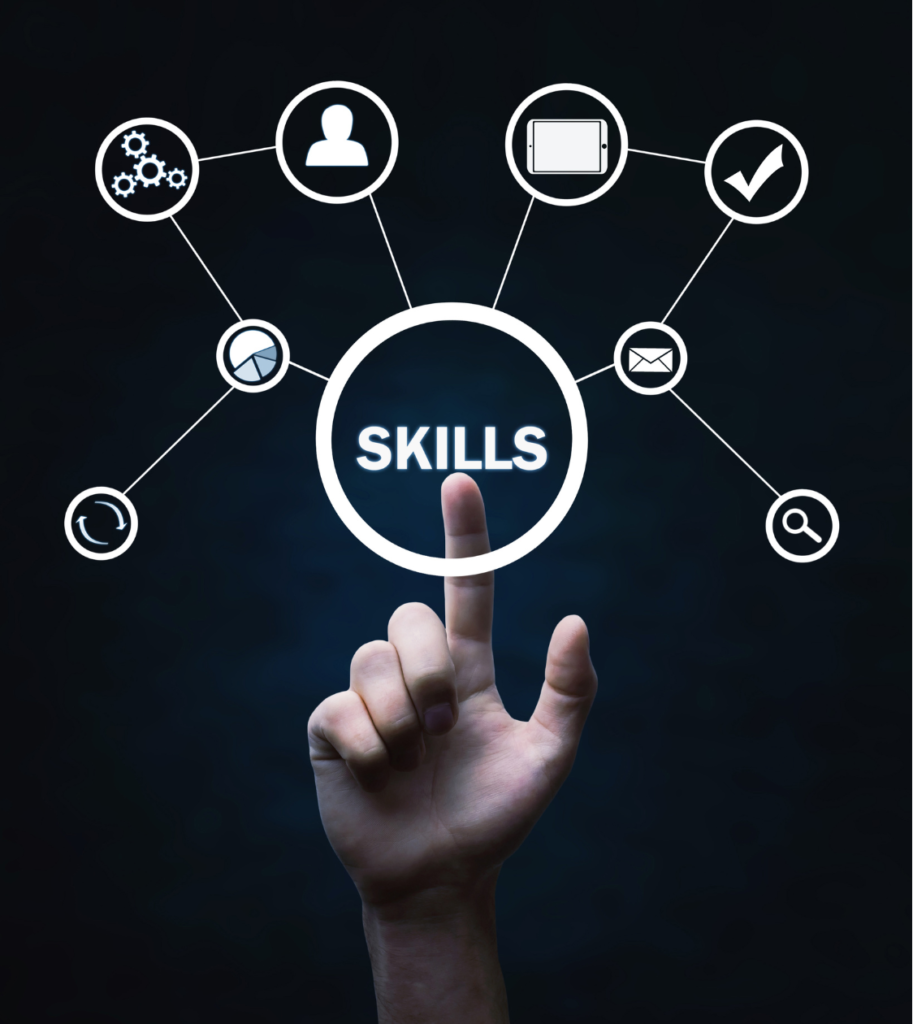Why Entrepreneurship Education is a Must for Students?

An educational strategy known as entrepreneurship education gives students the knowledge and perspective they need to start, run, and expand their own firms. Entrepreneurship education has become increasingly important in educating students for future professional success as the global economy grows more competitive and dynamic.
There are several ways to educate people about entrepreneurship, from traditional classroom settings to hands-on learning experiences like startup accelerators and incubators. These courses aim to give students a thorough understanding of the entrepreneurial process as well as the useful skills required to launch and expand a successful firm.
One of its key benefits is the growth mindset that emerges from entrepreneurship education for students. Through entrepreneurship education, students learn to accept failure as a chance for growth and creativity. Adopting this mindset helps students be more equipped to overcome challenges and take calculated risks in order to accomplish their goals.
The improvement of critical thinking and problem-solving abilities is another significant advantage of entrepreneurial education. Students gain knowledge of industry trends, chances for innovation, and how to come up with original answers to business problems. Entrepreneurship education is a wise investment for students because these abilities are highly recognised by employers and applicable in many other professional domains.
Students have the chance to acquire crucial interpersonal skills including leadership, communication, and teamwork through entrepreneurship education. Students learn to effectively communicate their ideas, assign tasks, and reach consensus as they work on group projects and engage with peers. Any career field requires these abilities, and entrepreneurship education gives students the perfect setting to hone them.
Entrepreneurship education delivers substantial economic and societal rewards in addition to personal and professional ones. Entrepreneurship education supports a culture of creativity and job creation by providing students with the abilities and knowledge required to launch and expand their own firms. In turn, this promotes economic expansion and opens up new options for both individuals and communities.
In summary, entrepreneurship education is a worthwhile investment for students looking to build the abilities and frame of mind required for success in the competitive and dynamic global market. Students that participate in entrepreneurship education gain valuable interpersonal skills, the ability to see failure as a chance for improvement, and the ability to think critically and solve problems. Additionally, entrepreneurship education contributes to innovation, job creation, and economic growth, providing significant economic and social benefits. As a result, any comprehensive educational curriculum should include entrepreneurship education as a key element.
Contact us for Guidance and Counseling:
Disha Guidance and Counseling
+91 9719146010, 05946-354582









